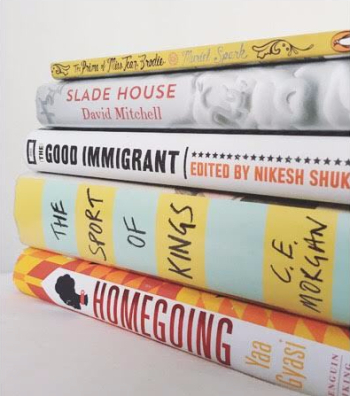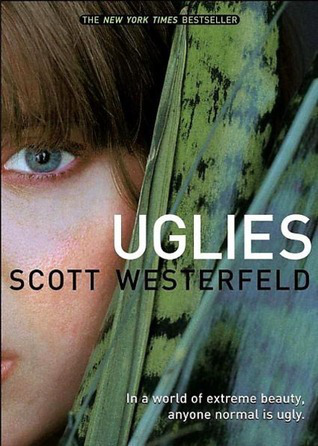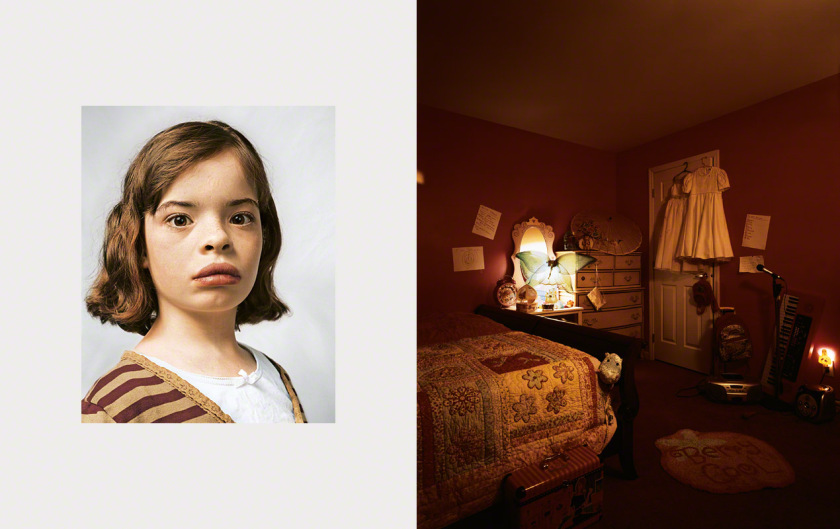 The Sport of Kings by C.E. Morgan
The Sport of Kings by C.E. Morgan
I had a real love-hate relationship with this book, struggling to get through the first 200 pages of this weighty tome. However once I managed to get over this reading lull, I was completely enraptured with this Baileys Prize nominee. The exploration into race and identity development was fascinating, examining notions of nature vs nurture. Morgan’s character development was wonderful, with several characters I assumed were serving no more purpose than scene setting would later prove to have huge relevance to the plot. For me, the story was at its best when focusing on the relationship between Henrietta and Allmon, or when shining a light on Allmon’s family history. I was less enamoured with the character of Henry Forge. Though I love an unlikeable character, finding the incestuous elements of this story quite difficult to read, and hard to believe as realistic. A sprawling, lyrical epic.
The Prime of Miss Jean Brodie by Muriel Spark
This was my third book by Spark, who I continue to love. Telling the story of the wonderfully arrogant Miss Brodie, and her swarm of admiring pupils, I was gripped by tis short novel, largely due to Spark’s trademark flitting narrative. Huge reveals happen with no build up, often mid sentence. We are whisked from a schoolroom, to a nunnery via a burning building, as we catch up with the characters later on in their lives, before being returned to the primary plot. A wonderfully witty, intelligent story.
The Good Immigrant edited by Nikesh Shukla
This series of essays focuses on the experience of Black, Asian, and Minority Ethnic figures who live in Britain. Told from a multitude of perspectives, this book shines a light on the discrimination facing minority communities. From the actress told she will be best suited to the role of a terrorist wife, to the actor stopped at customs each time he flies, these essays make it very clear that for many citizens of Britain, racism is a daily incident they are told to tolerate. A thought-provoking read, these essayists rile against the identity that is being forced onto them, and the expectation that they must proof themselves to be ‘model migrants’ to be accepted into their own country.The right to form a personal identity is recurrent throughout the essays, as language and names are defended against white society that attempt to twist minority groups to suit their view of the world. A vital, eye-opening examination of race in Britain.
Homegoing by Yaa Gyasi
This novel traces the journey of one family, from two Ghanaian sisters separated by slavery, to present day America. Each chapter focuses on a new descendent of these two women, documenting the impact their predecessor’s history has on each generation. The format of this was brilliantly executed, dipping into moments in each character’s life. Though some of these moments were pivotal points in the lives of the protagonist in the spotlight, others simply captured everyday life at its most mundane. In doing so, Gyasi emphasises that the effects of race history are not only felt during momentous occasions, but ripple through daily life. An emotional and harrowing read.
Slade House by David Mitchell
The final book I read in June was a much more light-hearted read than its predecessors. Mitchell’s Slade House is a sci-fi thriller focusing on a mysterious house which appears once every nine years. This novel had one of the most chilling first chapters that I have read in a long time. Towards the end the novel veered increasingly closer to its sci-fi elements, which made me drift away a little. Though the relationship between Mitchell’s two sinister villains ensured I kept reading till the end. A sinister and entertaining novel.
Advertisements Share this:




